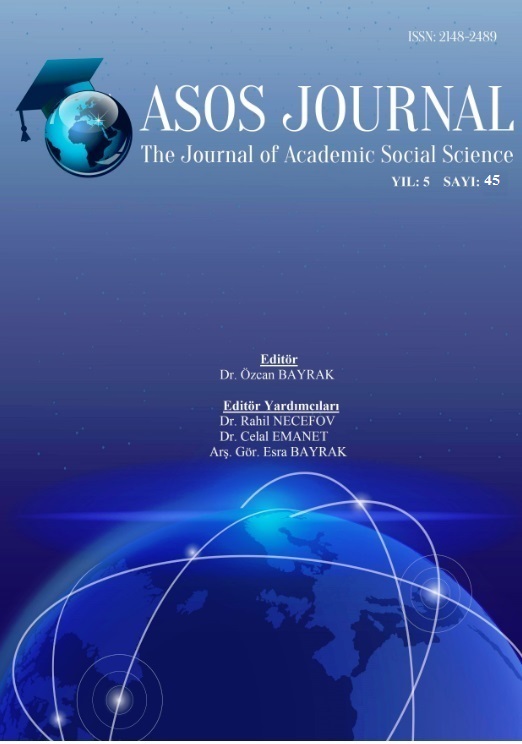Author :
Abstract
Bilişim çağının yazılım endüstrisi çalışanlarına yönelik giderek artan ihtiyacını karşılamak için insanoğlunun önemli bir çözüm aracı olan bilgisayar bilimleri -ve bilhassa programlama- eğitimi günden güne daha da önem kazanmaktadır. Bu doğrultuda K12 seviyesinde bilgisayar ve programlama eğitimi müfredatlarının “Bilgi Toplumunun” ihtiyaçlarına yönelik olması gerekmektedir. Ancak oluşturulacak müfredat kadar, bu müfredatı uygulamaya koyacak aracılar olan Bilgisayar ve Öğretim Teknolojileri Eğitimi lisans programı (BÖTE) mezunu bilişim öğretmenlerinin ve bunlara yönelik müfredatın niteliği de tartışılmaya değer bir konudur. Bu bağlamda gerçekleştirilen bu çalışmada, Türkiye’de BÖTE lisans bölümlerindeki bilgisayar programlama eğitimi bir durum olarak ele alınmıştır. Ders içeriklerinin ve öğrencilerden toplanan verilerin incelemesi suretiyle, eğitim için tercih edilen programlama dilleri belirlenmeye ve bu tercihlere literatürde rastlanan modern uygulamalara kıyasla yorum getirilmeye çalışılmıştır. Sonuç olarak, programlamada bir endüstri standardı haline gelmiş nesne-yönelimlilik kavramına Yüksek Öğrenim Kurumu tarafından düzenlenmiş ders içeriklerinde gereken atıfta bulunulmadığı, öğrencilerin bu kavramla ilgili yanılgılara sahip olduğu ve hatta ders içeriklerinde bile kavram yanılgısı teşkil eden ifadeler bulunduğu görülmüştür. Diğer yandan, eğitim için tercih edilen dil, uygulama çatısı ve geliştirme ortamlarının da uygunluk açısından dünyanın geri kalanında rastlanan tercihlere kıyasla tartışmaya açık olduğu söylenebilir.
Keywords
Abstract
Computer Science education, particularly in the aspect of programming, grows more important by the day with the increasing demand for meeting the demands of the software industry in today's information age towards skilled workers. For this reason, and also for meeting the demands of an “Information Society”, it has been advised that the curriculum for computer science and programming subjects at K12 level needs to be revised However, it is also worthy to discuss the qualities of undergraduate curriculums at university programs that train K12 computer science teachers who would deliver the revised K12 curriculum. For this purpose, this study seeks to assess the case of programming courses at Computer Education and Instructional Technology departments in Turkey, within the context of programming languages taught. Course content and questionnaire data from students have been referred to for determining what the trends are in terms of computer programming paradigms and languages chosen for instruction, and what the effect of these choices has been. The results have also been compared to the existing global trends. In conclusion, it was understood that the object-orientation concept in programming, which has been adopted as an industry standard, has not been included in the course content advised for the program by the Turkish Council of Higher Education. Most students do not seem to know what object-orientation means, and they have misconceptions in the matter. The advised course content itself also seems to include misconceptions. Moreover, there is a controversial situation in terms of advised and preferred programming languages for instruction that contrasts with the trends in the rest of the World.





